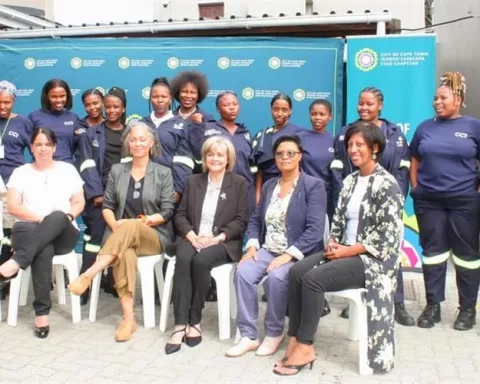The Economic Freedom Fighters (EFF) Western Cape has expressed its disapproval of the ongoing conflict between the taxi industry and the City of Cape Town. The party has condemned the victimization of the taxi industry and the intentional delay of issuing taxi operating permits by the city, resulting in a prolonged strike.
City’s Intentional Delay
According to the EFF, the City of Cape Town has intentionally delayed issuing taxi operating permits to frustrate the taxi industry and give an advantage to the bus transport model system. This move has created a politically unsustainable situation that negatively affects commuters and residents of the province who rely on taxis to travel to work.
New Traffic By-law
The EFF opposes the new traffic by-law that allows City law enforcement to impound taxis instead of issuing fines. The by-law has resulted in the abuse of power, and the administration victimizes and impounds numerous taxis daily. The EFF claims that the impoundment of hundreds of taxis each week within the City of Cape Town is often frivolous and without substantial basis.
Exorbitant Fees and Capitalist Exploitation
Over 10,000 taxis have been impounded during the past year, and the exorbitant fees to release the vehicles are seen as a money-making scheme by the Democratic Alliance and capitalist exploitation. As a result, many taxi operators cannot afford to release their taxis, leading to repossession by banks and families losing their source of income.
Urgent Review and Demands
The EFF calls on the Democratic Alliance to urgently review the by-law, issue permits quickly, and release all impounded taxis. Additionally, the party demands the resignation of the City of Cape Town’s MMC for Safety and Security, Alderman JP Smith, accusing him of ineptly handling the situation and endangering residents.
Intervention and Collaboration
The EFF requests the intervention of Sindiswe Chikunga, the Minister of Transport, and Thembi Nkadimeng, the Minister of Cooperative Government, to find a peaceful solution and prioritize livelihoods. The party also urges the taxi industry to guard against those who commit crimes, burn vehicles, and destroy public infrastructure amid the ongoing #TaxiStrike. Furthermore, the EFF advises companies to support taxi operators by enforcing a stayaway and ensuring safety until the situation improves.
The comprehensive approach to addressing the ongoing conflict between the City of Cape Town and the taxi industry reflects the need for collaboration and understanding among all parties involved. The EFF aims to ensure the well-being of both taxi operators and those who rely on their services.












